live from Cambodia: thoughts on my IAJE panel (1 of 2)
I’m writing this from a hotel room in Cambodia’s capital city, across the street from the newly-built U.S. Embassy I am here to help inaugurate in a gala performance scheduled for 2 days from now. While I am thrilled to be here, I must admit that I am somewhat disappointed that my itinerary caused me to cut short my exposure to this year’s International Association of Jazz Educator’s Conference.
I was scheduled to appear on a panel moderated by Jazz Journalists Association panelist Howard Mandel on Journalism and the New Media. One of the fringe benefits of being asked to serve on such a panel is free access to all of the goings-on at the conference proper, but the combination of my schedule (I had to leave immediately afterwards for the airport) with the state of my new home (boxes awaiting unpacking everywhere as a result of our recent move to our new home) meant that I ended up limiting my total time at the conference to a couple of hours.
Still, it was, as always, a feeling of a sort of mini-family reunion. Many come to the IAJE for the networking/business opportunities they perceive it affords. For me, this particular conference is a way at its simplest to reconnect with my peers, to put a face to the many names floating out there in cyberspace, or to the promoters, musicians or educators I’ve dealt with on and off over the years. There is something very powerful about this yearly ritual, because it reminds me of how connected – and enormous – the jazz community is, especially when one realizes how niche a market it is perceived to be in the greater world culture. And certainly there is nothing more heartening than having perfect strangers come up to you to thank you for your music (or in a couple of instances my Down Beat column) – it really reminds you that the work you do might really make a small difference to someone else out there. People think such small reinforcement (ego boosts?) doesn’t matter, but it really does make a difference to know you’re reaching people.
The panel itself featured Howard moderating plus representatives from newmusicbox.org, allaboutjazz, and other such organizations. The ostensible subject was whether journalists needed to adjust in this new age, to find new ways to get their work read and to be compensated for their efforts. I was relieved that my musical colleague Christian Howes was in the audience asking questions and making pointed observations, because in my post-flu, groggy headed state my answers all ended up sounding transparently (and perhaps unhelpfully) like vague promotions for Artistshare and the Artistshare concept. What I failed to do (and tried to make up for with the post-panel one-on-one conversations that ultimately ensued) was connect the dots – to draw clearer parallels between the Artistshare paradigm and approaches that journalists out there should perhaps also consider taking.
There are, after all, many parallels between the two worlds. Musical artists have complained for several years now about their music being freely given away in peer-to-peer networks; similarly, much of the discussion was about blogs and the notion that journalists shouldn’t write for free. It is interesting, however, that Brian Camelio (Artistshare’s president) has a much more open-minded attitude about such file-trading – he regards it as free promotion, even going so far as to encourage it by offering with certain artists not only a mail order conventional CD but one with mp3 tracks ready for sharing burned on it as well. His notion, of course, is that it’s not about the individual files, it’s about building relationships, over time, and a sense of connectedness and trust with the fanbase. So perhaps this is an approach that jazz journalists could similarly learn from.
